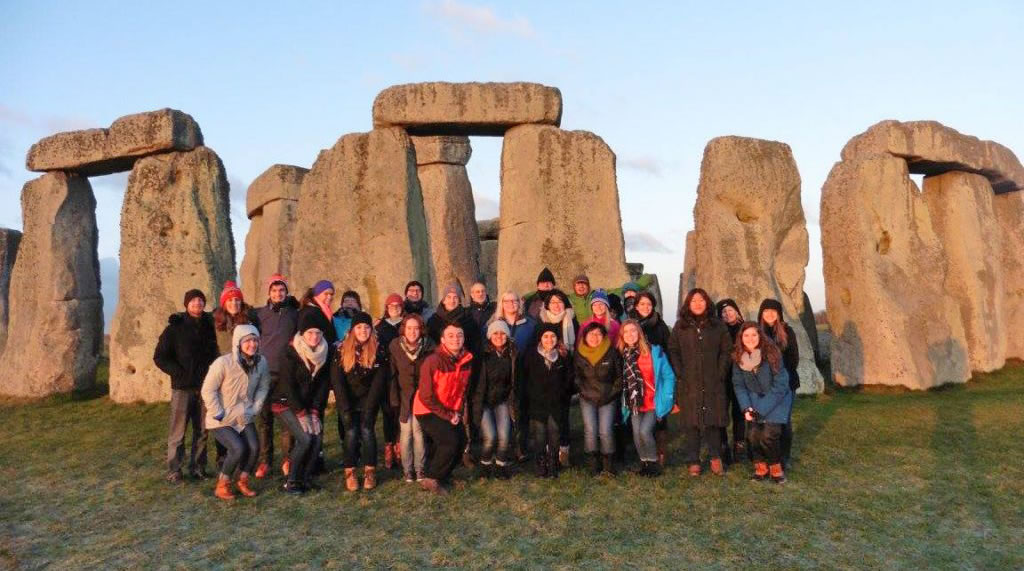Welcome to the HSA Blog
August 9, 2018
What do Malcolm X, Mary Shelley and Amadeus Mozart having common? A radical revision of their fields of thought and action? Fluency in the communication of ideas? The letter M?
In fact, they are all the focus of conversation and curricular innovation at Harvey Mudd College—an institution with a deep commitment to combining STEM education with insights from the humanities, social sciences and the arts (HSA).
The aim of the HSA blog is to share morsels from these rich conversations with the broader campus community and the world at large.
The need for a new communication platform emerges from the sheer scale and diversity of related course offerings. As Harvey Mudd’s Department of Humanities, Social Sciences, and the Arts has grown in response to student demand, we have deliberately chosen experts from a wide range of fields to ensure that students can pursue diverse interests and discover new passions. If you take a stroll along the carpeted first-floor hallway of the Parsons building, you will hear students and professors discussing creative writing, race and social justice, psychology, visual arts, philosophy, music composition, science history, anthropology, cultural geography, literature, religious studies, political science, environmental studies and much more.
HSA faculty have designed and taught more than 130 courses in these and other fields over the past decade. Harvey Mudd students also have the opportunity to choose from hundreds of additional courses at the other Claremont Colleges. We believe it’s time to hear more about these experiences, which give meaning and depth to the College’s venerable mission “to educate engineers, scientists and mathematicians well versed in all of these areas and in the humanities and the social sciences so that they may assume leadership in their fields with a clear understanding of the impact of their work on society.”
Although the HSA department is the campus hub for these conversations, what makes Harvey Mudd a true learning community is that these intellectual interests are shared by faculty throughout the College.
Consider, for example, that computer science professor Ben Wiedermann teaches Shakespeare with literature professor Ambereen Dadabhoy; biology professor Daniel Stoebel has launched a new course on genetics and race with history professor Vivien Hamilton; physics professor Jim Eckert teaches a Dickens-Hardy course with literature professor Jeff Groves; biochemistry professor Karl Haushalter teaches a class on AIDS and society; computer science professor Colleen Lewis explores the social justice dimensions of computer science education; and chemistry professor Lelia Hawkins is teaching a new course on climate change communication with Pomona College psychology professor Adam Pearson to name just a few.
Over the coming months, we hope to make these types of experiences more visible through content-rich blog posts by faculty, students, staff and alumni by delivering summaries of their latest research, reflections on teaching and learning experiences, news updates on community engagement projects and other perspectives on the humanistic dimensions of the Harvey Mudd experience. We hope you enjoy it!
Paul Steinberg
Chair, Department of Humanities, Social Sciences, and the Arts
Professor of Political Science and Environmental Policy and Malcolm Lewis Chair of Sustainability and Society